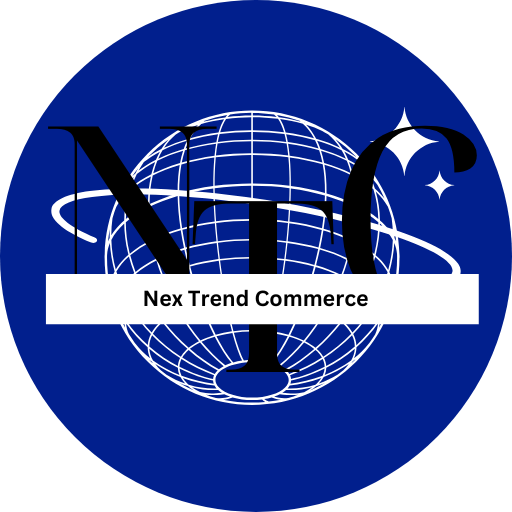Introduction
The digital age has revolutionized how businesses interact with customers. With instant access to information, seamless online shopping, and 24/7 availability, customer expectations are higher than ever. Businesses that fail to adapt risk losing customers to competitors who offer faster, smarter, and more personalized experiences. In this blog, we’ll explore the evolving expectations of today’s customers and provide actionable insights to help businesses stay ahead in this fast-paced environment.
The evolution of customer expectations
Instant gratification
Customers today expect instant results. Whether they’re browsing a website, reaching out for support, or making a purchase, delays are no longer acceptable.- Key stats: 53% of visitors abandon a mobile site if it takes longer than 3 seconds to load.
- Business tip: Invest in website optimization and AI-powered customer service tools like chatbots to ensure immediate responses.
Personalization as a standard
Generic approaches no longer resonate with today’s customers. They expect personalized interactions based on their preferences and behaviors.- Examples: Tailored product recommendations on e-commerce sites or personalized email marketing campaigns.
- Business tip: Use AI and data analytics to track customer behavior and preferences, delivering content and offers that feel uniquely crafted for them.
Omnichannel experiences
Customers expect a seamless experience across all platforms, from mobile apps and websites to social media and in-store interactions.- What it means: A customer should be able to start a purchase on a mobile app, continue it on a desktop, and complete it in-store without friction.
- Business tip: Integrate your systems to ensure consistency across all touchpoints.
Transparency and trust
With growing concerns over data privacy and ethical business practices, customers demand transparency. They want to know how their data is used and expect companies to operate with integrity.- Business tip: Clearly communicate your data privacy policies and show accountability in your practices.
How technology shapes customer expectations
AI-driven insights
Artificial intelligence is at the heart of meeting customer expectations. From predictive analytics to smart recommendations, AI allows businesses to anticipate needs and respond proactively.- Example: Netflix uses AI to recommend content based on viewing history, enhancing user satisfaction.
- Business tip: Leverage AI tools to analyze customer data and create predictive models that enhance the user experience.
Seamless self-service options
Many customers prefer to solve issues on their own rather than contacting customer support. AI-powered chatbots and knowledge bases enable this.- Key insight: 67% of customers prefer self-service options over speaking to a representative.
- Business tip: Implement an intuitive FAQ section or chatbot that provides instant answers.
Mobile-first expectations
With the rise of smartphones, customers now expect businesses to prioritize mobile-friendly designs and functionality.- Key stats: 79% of smartphone users have made a purchase online using their mobile device.
- Business tip: Optimize your website for mobile use, ensuring it’s fast, responsive, and easy to navigate.
Real-world example: How a small business thrived by meeting digital expectations
A small online boutique implemented an AI-powered chatbot to assist customers with product inquiries. Within three months, they saw:
- A 20% increase in sales conversions due to instant customer support.
- A 15% reduction in abandoned carts.
- Higher customer satisfaction ratings as customers praised the speed and accuracy of responses.
This example highlights how even small businesses can thrive by adopting technology that aligns with customer expectations.
Conclusion: Stay ahead by adapting
Customer expectations are constantly evolving in the digital age. Businesses that embrace speed, personalization, transparency, and cutting-edge technology will not only meet these expectations but exceed them. By investing in tools like AI, streamlining operations, and prioritizing the customer experience, companies can build lasting relationships and secure long-term success.
The future belongs to businesses that adapt to their customers’ needs. Are you ready to rise to the challenge?
